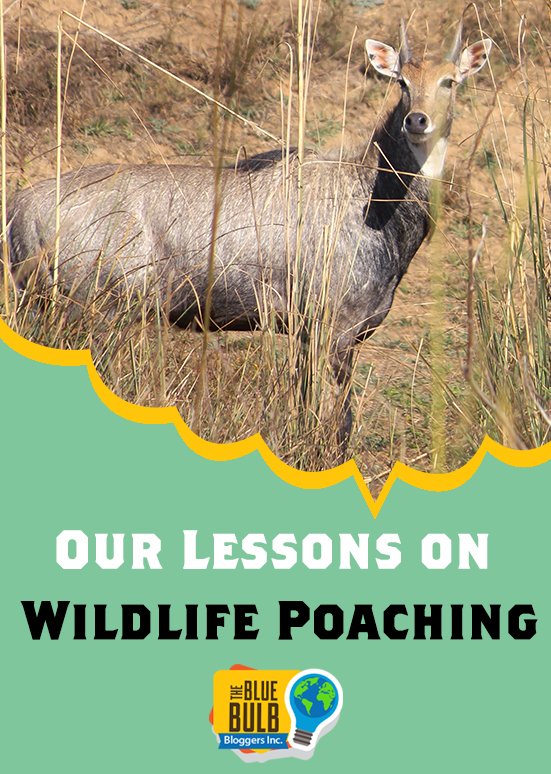Our Lessons on Wildlife Poaching 2023
Tigers play a pivotal role in preserving ecological balance and serve as significant attractions in wildlife sanctuaries and national parks. Wildlife sanctuaries such as Jim Corbett, Sariska and Ranthambore rely on their substantial tiger populations to attract a large number of tourists. This helps maintain the equilibrium of the local financial ecosystem which also motivates further conservation efforts.

Despite their popularity and crucial role in the ecosystem, poaching poses a significant threat to tiger populations. Here are some key facts about tigers and poaching:
- Tigers were globally classified as “endangered” in 1986. The following year, a Convention on International Trade in Endangered Species (CITES) treaty was implemented, banning cross-border trade in tiger body parts.
- Organisations including the World Wildlife Fund (WWF) are dedicated to combating illegal trade and addressing the global poaching crisis and the unprecedented surge in organised wildlife crime. They have been running global campaigns to stop wildlife crime for over fifty years.
- Tiger poaching has had a profound impact on the survival of tigers in India. There are approximately three thousand tigers remaining in India compared to the one lakh at the turn of the 20th century. This decline can be attributed, in part, to the historical slaughter of tigers by colonial and Indian elites during the British Raj.
- Following India’s independence, Project Tiger was launched in 1973. While it has achieved notable success, addressing the considerable decline in tiger populations will require sustained efforts over many more years.


Illegal poaching and wildlife trade not only disrupt the ecological balance but also pose a threat to humanity. It’s crucial to acknowledge the cruelty and malice involved in killing tigers for personal gain. This act not only harms individual lives but also has far-reaching consequences for the entire ecosystem. Efforts to combat illegal wildlife trade, such as those undertaken by organisations, such as WWF and the Government of India are essential to ensure the preservation of these majestic creatures and the ecosystems they inhabit.
Team Members: The Shriram Millennium School, Faridabad (The Shriram Millennium School, Faridabad).
EdTerra Edventures conducts various other programs for the youth. If you go to school and are under 17 years of age, ask your school to contact us to arrange a visit to your school for an introduction to “Ranthambore: Tiger’s Own Den” and other journeys under EdTerra’s India Discovery Program.
For queries call +91-11-48885800 or visit EdTerra Browse Journeys page to know more about the programs we offer to school students. Visit our FB page by clickingHERE









